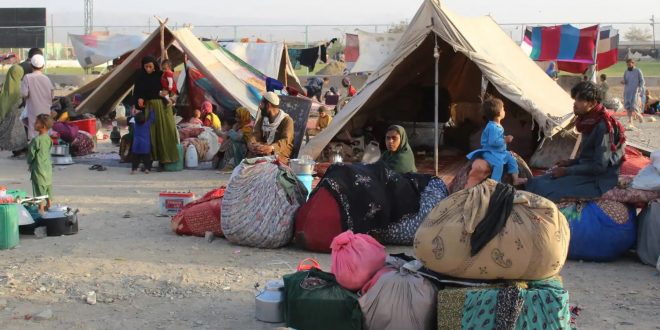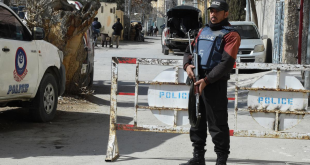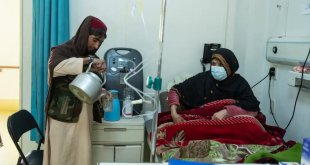AT News
KABUL: More than 300,000 Afghans were forced to take shelter in Pakistan since the Taliban took power in Afghanistan in August and majority of them are being asked to return.
Pakistani officials revealed the numbers Thursday for the first time, saying 105,000 Afghans entered Pakistan on valid visas, though they have stayed put even after the expiry of their travel documents.
“The rest of the 200,000 are illegal entrants and we are asking them to leave within 90 days as there is no crisis in Afghanistan,” Fawad Hussain, the Pakistani information minister, told VOA.
The minister noted his country already hosts nearly 3 million Afghans, including officially declared refugees and illegal economic migrants, and that the fragile Pakistani economy cannot bear the burden of new arrivals.
Pakistan, which shares a 2,600-kilometer border with Afghanistan, tightened border controls after the Taliban seized power in Afghanistan on August 15 in a bid to discourage a fresh influx of refugees.
Mohammad Sadiq, Pakistan’s special representative for Afghanistan, said the government was devising a mechanism to enable those Afghans whose visas have expired to get their documents renewed within an officially “designated time frame so they are not here illegally.”
Sadiq told a meeting Wednesday of Pakistani and Afghan businessmen and civil society representatives earlier this week in Islamabad that his government does not plan to launch a crackdown on the illegal Afghan entrants if they are not involved in any criminal activity.
“We would even like to facilitate the stay of our Afghan brothers and sisters in case they want to live or do business here legally,” Sadiq told the gathering organized by the Islamabad-based Center for Research and Security Studies.
International aid agencies estimate more than 300,000 Afghans, including women and children, also have illegally crossed into neighboring Iran since August 15 when the Taliban seized control of the Afghan capital, Kabul.
Many families in Afghanistan are desperate to leave the country where the worst nationwide drought in decades, high levels of poverty, growing unemployment and years of war have increased humanitarian needs to unprecedented levels this winter.
 Afghanistan Times
Afghanistan Times




